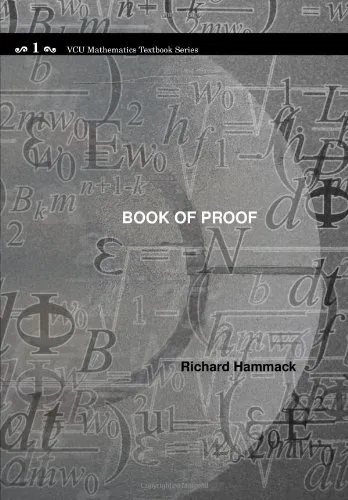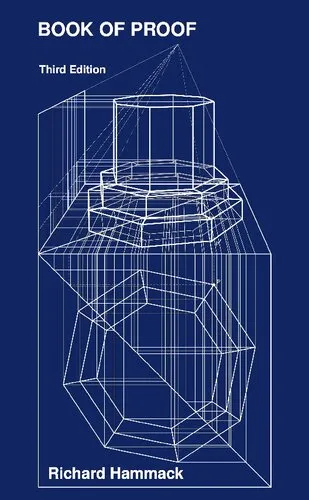A Study of Husserl's Formal and Transcendental Logic
4.6
بر اساس نظر کاربران

شما میتونید سوالاتتون در باره کتاب رو از هوش مصنوعیش بعد از ورود بپرسید
هر دانلود یا پرسش از هوش مصنوعی 2 امتیاز لازم دارد، برای بدست آوردن امتیاز رایگان، به صفحه ی راهنمای امتیازات سر بزنید و یک سری کار ارزشمند انجام بدینکتاب های مرتبط:
معرفی کتاب «A Study of Husserl's Formal and Transcendental Logic»
کتاب «A Study of Husserl's Formal and Transcendental Logic» نوشته سوزان باشلار و ترجمهٔ لستر ای. امبری، یکی از متون اساسی در زمینهٔ فلسفهٔ معاصر و مطالعهٔ آثار ادموند هوسرل است. این کتاب به بررسی جامع و عمیق منطق صوری و منطق استعلایی هوسرل میپردازد و جایگاه او را در تاریخ فلسفه بهویژه در حوزهٔ پدیدارشناسی مورد تحلیل قرار میدهد.
خلاصهٔ دقیق کتاب
این کتاب به تفکیک و بررسی دقیق دو جنبهٔ مختلف منطق هوسرل یعنی منطق صوری و منطق استعلایی میپردازد. در بخش منطق صوری، نویسنده به تحلیل اصول و قواعد منطقیای میپردازد که هوسرل بهعنوان پایههای تفکر منطقی معرفی کرده است. سپس در بخش منطق استعلایی، نویسنده به کاوش در زمینههای تجربی و مفهومی میپردازد که کاربرد و معنای این اصول منطقی را در تجربهٔ آگاهی انسانی روشن میکند.
نکات کلیدی
- فهم ماهیت منطق صوری و تحریک نسبت آن با سایر شکلهای منطق.
- تحلیل تفصیلی مفاهیم کلیدی مانند تفکیک میان فرم و محتوا در زمینهٔ شناخت شناسی.
- بررسی تأثیر منطق استعلایی هوسرل در شکلگیری فلسفهٔ پدیدارشناسی.
- کشف الزامات معرفتشناختی و وجودی که در پشت مفاهیم منطقی هوسرل نهفته است.
جملات معروف از کتاب
“Logic harmony is not merely an abstract form but penetrates the very essence of consciousness.”
“Husserl reveals a continuity between logical structures and experiential realities, posing a challenge to traditional dichotomies.”
چرا این کتاب مهم است
«A Study of Husserl's Formal and Transcendental Logic» نقشی حیاتی در فهم بهتر فلسفه هوسرل و به طور کلی درک دقیقتر از منطق و منطق استعلایی ایفا میکند. این کتاب بهویژه برای فلسفهپژوهان و افرادی که به دنبال فهم عمیقتری از پدیدارشناسی هوسرل هستند، ارزشمند است. علاوه بر این، این کتاب مبانی فکری لازم را برای درک نقش منطق در تجربهٔ انسانی و کارکردهای آن فراهم میکند که در نقد بر رویههای منطقی سنتی نقشی اساسی دارد.
Introduction
"A Study of Husserl's Formal and Transcendental Logic" by Suzanne Bachelard, eloquently translated by Lester E. Embree, is an insightful examination of one of Edmund Husserl's most complex works. This book delves deeply into the fundamental principles of formal logic while exploring the intricate relationship between logic and phenomenology.
Detailed Summary of the Book
In "A Study of Husserl's Formal and Transcendental Logic," Suzanne Bachelard offers a thorough analysis of Husserl's endeavor to bridge the gap between abstract formal systems and the lived experiences of transcendental subjectivity. Bachelard deftly guides the reader through Husserl's transition from purely formal logic to a transcendental logic, where the foundational structures of logic are examined through the lens of phenomenological evidence.
The book is divided into distinct sections, each tackling different aspects of Husserl's theory. Bachelard begins by contextualizing Husserl's work within the broader history of logic and philosophy, laying the groundwork for a deeper understanding of his purpose. She then meticulously examines the formal structures of logic that Husserl sought to transcend, offering explanatory insights into his methods and goals.
Throughout the text, Bachelard remains faithful to Husserl's original ideas while critically engaging with his concepts. She challenges the reader to consider how formal logical structures influence our understanding of reality and how phenomenology can provide a more profound comprehension of these processes. Through this detailed analysis, Bachelard brings clarity to Husserl's dense philosophical prose and makes a compelling case for the significance of his transcendental logic.
Key Takeaways
- Husserl's work represents an ambitious attempt to integrate logic with phenomenology, highlighting the necessity of considering subjective experiences in logical analysis.
- Bachelard's study provides a comprehensive overview of the evolution of Husserl's thoughts on logic, emphasizing the critical role of transcendental subjectivity.
- The book underscores the importance of rigorous phenomenological methods in understanding the underlying structures of logical systems.
- Through her examination, Bachelard indicates that Husserl's approach offers a deeper, more holistic insight into the foundations of knowledge and reason.
Famous Quotes from the Book
"To grasp the true nature of logical forms, one must turn to the pre-logical realm of subjective acts of consciousness."
"The correlation between transcendental subjectivity and logical forms is the key to unlocking the mysteries of both disciplines."
Why This Book Matters
Suzanne Bachelard's critical examination of Husserl's "Formal and Transcendental Logic" holds significant importance for both scholars of phenomenology and those interested in the philosophy of logic. Husserl's attempt to unite formal logic with transcendental phenomenology has profound implications for how we understand the foundations of knowledge and the processes of reasoning. By elucidating these concepts, Bachelard not only contributes to a richer understanding of Husserl but also to the ongoing discussion about the role of subjective experiences in logical and scientific inquiry.
Her work encourages readers to contemplate the limitations of formal logic when detached from lived experiences and to appreciate the depth that phenomenological perspectives can bring. The insights offered in this book are not just of academic interest but have the potential to influence how logic is taught, understood, and applied in various fields of study.
Ultimately, "A Study of Husserl's Formal and Transcendental Logic" elevates the discourse around logic and phenomenology and serves as a cornerstone for future research and philosophical exploration.
دانلود رایگان مستقیم
شما میتونید سوالاتتون در باره کتاب رو از هوش مصنوعیش بعد از ورود بپرسید
دسترسی به کتابها از طریق پلتفرمهای قانونی و کتابخانههای عمومی نه تنها از حقوق نویسندگان و ناشران حمایت میکند، بلکه به پایداری فرهنگ کتابخوانی نیز کمک میرساند. پیش از دانلود، لحظهای به بررسی این گزینهها فکر کنید.
این کتاب رو در پلتفرم های دیگه ببینید
WorldCat به شما کمک میکنه تا کتاب ها رو در کتابخانه های سراسر دنیا پیدا کنید
امتیازها، نظرات تخصصی و صحبت ها درباره کتاب را در Goodreads ببینید
کتابهای کمیاب یا دست دوم را در AbeBooks پیدا کنید و بخرید
1464
بازدید4.6
امتیاز0
نظر98%
رضایتنظرات:
4.6
بر اساس 0 نظر کاربران
Questions & Answers
Ask questions about this book or help others by answering
No questions yet. Be the first to ask!
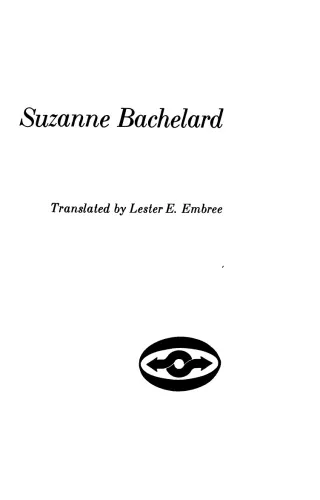

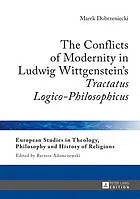
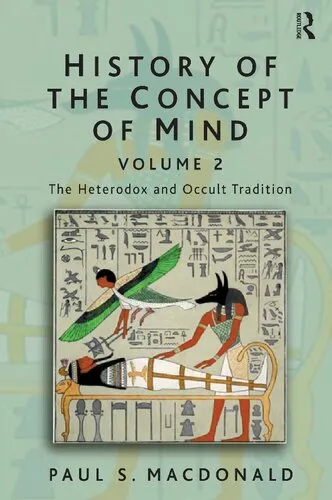
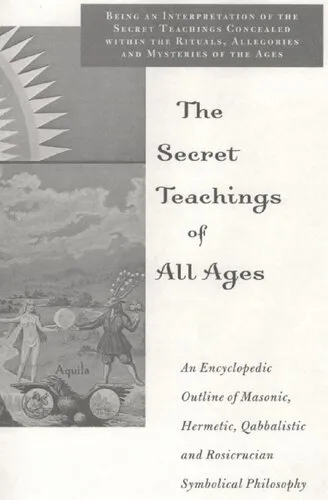
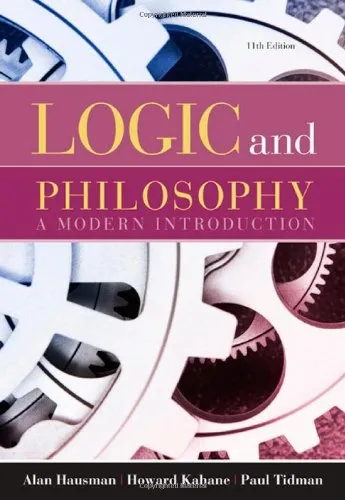
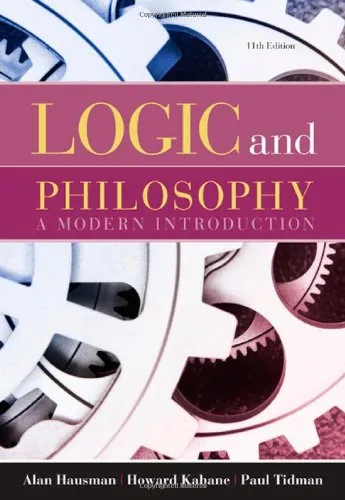
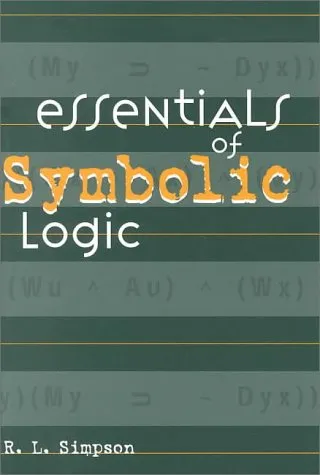
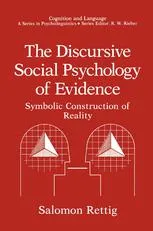
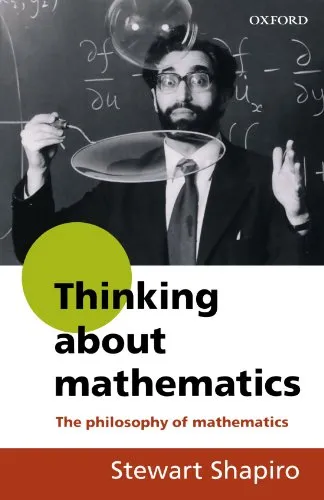
![How to Prove It: A Structured Approach, Third Edition [3rd Ed] (Instructor's Solution Manual, Solutions)](https://s3.refhub.ir/images/thumb/How_to_Prove_It__A_Structured_Approach__Third_35831.webp)
